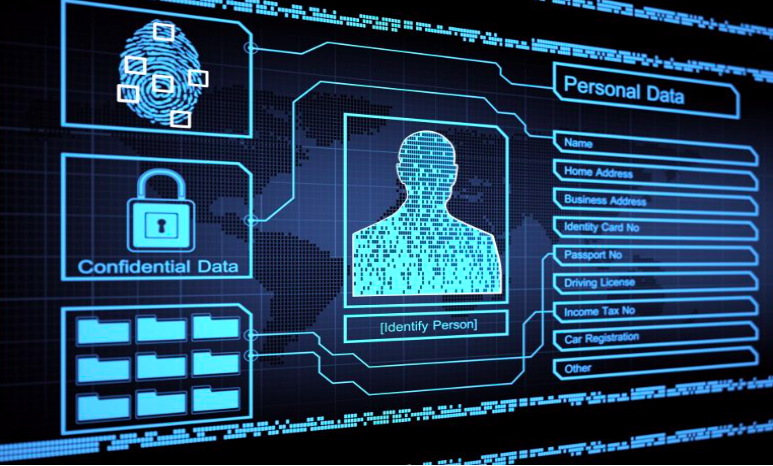 South Korea is the latest country to announce it is going to start putting driving licenses on to a Blockchain, enabling its citizens to access their driving licenses via their mobile phones.
South Korea is the latest country to announce it is going to start putting driving licenses on to a Blockchain, enabling its citizens to access their driving licenses via their mobile phones.Drivers will be able to use an App, called Pass, scan their license and add the details to a Blockchain-powered platform, which will also allow authorities such as the police to have access to drivers’ details. It will also be possible for South Koreans to use their digitised driving licence to prove their age to buy goods in shops and have access to nightclubs, etc.
The Australians in New South Wales have been looking at putting driving license details onto a Blockchain platform since September 2018 and, following a successful three-month trial project to roll out to 140,000 more drivers, approval has been given by the government. The adding of driving licenses to a Blockchain is further evidence of the Australian Government’s ‘Digital Initiative’ and illustrates the continued acceptance of blockchain technology in Australia.
Santosh Devara, CEO of Secure Logic (which has developed this Blockchain platform for Australian driving licenses), recently said, “The era of standing in line to file government paperwork is coming to an end, as is our reliance on physical identification cards to establish your identity or proof of age with law enforcement or at licensed venues. These are mistake prone, time-consuming, expensive, and impractical ways to offer services.” Elsewhere in Australia authorities are also looking to add other certificates and documentation onto a Blockchain platform, including school qualifications, birth and death certificates.
Meanwhile, since 2012, USA authorities have been looking at mDL (mobile driving licenses) and how to digitise driving licenses so the details are accessible on mobile devices. In April 2019, the American Association of Motor Vehicle Administrators released a whitepaper outlining some of the key requirements that it believes are required. While the paper does not explicitly talk about using blockchain technology one suspects it will be encouraged, considering the increasingly widespread adoption of the technology in other sectors of our economy.
For a while, considerable debate has been generated regarding citizens having an identity card, with many for and against. However, if it is possible to have all your government documentation – passport, national insurance number, driving licence details, NHS number, etc - all held securely but accessible, this potentially will enable governments to reduce benefit fraud and also be very convenient for citizens.


